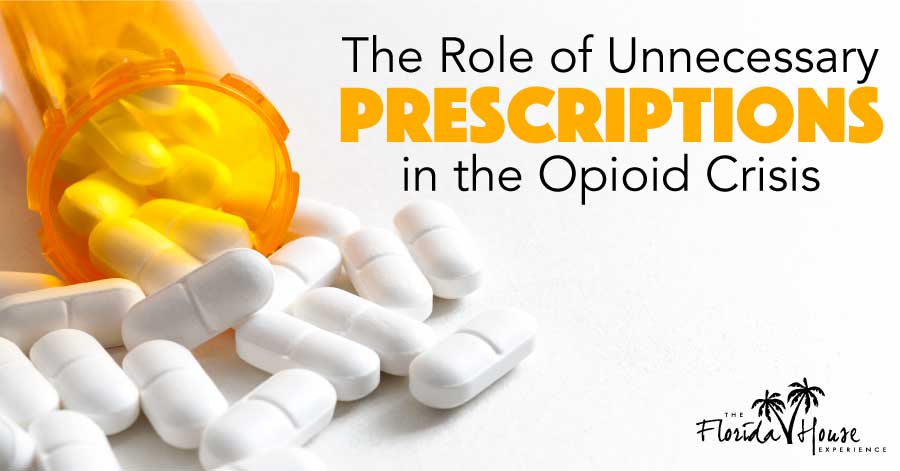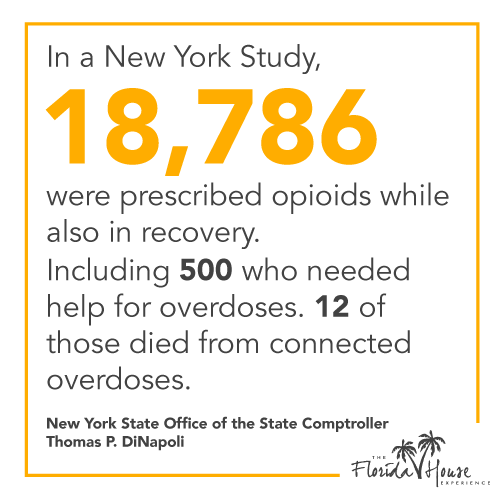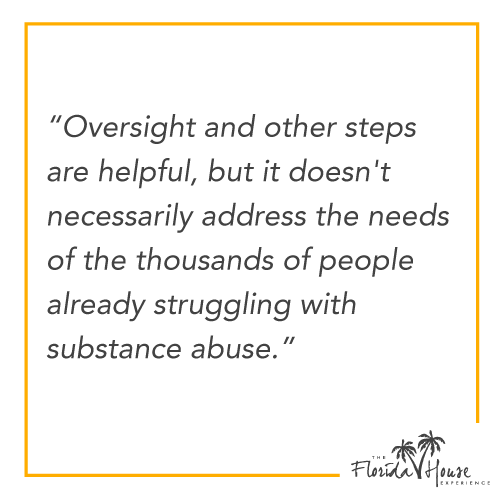
When used appropriately, prescription opioids play an important role in pain reduction. Unfortunately, these drugs also come with serious risks, including a high risk of addiction. While many doctors have taken steps to reduce how many prescriptions they write for these addiction-risk drugs, there is evidence that over-prescription still happens. When a doctor prescribes too many painkillers or doesn’t monitor their use closely enough, a substance abuse problem can result.
A Look at a New York Example
The New York state Comptroller recently reported that some 500 patients in the state needed to seek out medical care (in some cases emergency medical care) because they received unnecessary opioid prescriptions. The comptroller report found that as many as 18,786 people using the state’s Medicaid program received opioid prescriptions from their doctors while also receiving medications through addiction-treatment programs.

Of the 500 people who needed medical care, 12 of them overdosed and died from the exposure. The incidents occurred between October 1, 2013, and September 30, 2017. Was it possible to avoid these deaths with better oversight? The auditors conducting the tests determined that some treatment programs didn’t run an important database that helps monitor the use and prescription of these drugs. While this is a key concern, it’s also just one component of a much larger problem.
The Rate of Growth of Prescribing
The U.S. Centers for Disease Control and Prevention points to misuse and overuse of these prescription drugs as a growing problem in the United States. The use of opioids as a pain management tool began to increase in the 1990s. While these prescription numbers grew, the reported amount of pain Americans were in did not improve.
The organization reports that over 200,000 people died in the country from prescription opioid overdoses from 1999 through 2016. What makes this even clearer is that the number of people dying from opioid overdoses was five times higher in 2016 than it was in 1999, according to the American Public Health Association.
Are Unnecessary Prescriptions Worsening the Opioid Epidemic?
There is little doubt that the number of people using prescription opioids is at an all-time high. Whether or not doctors are purposefully writing too many prescriptions or a lack of monitoring is causing too many people to have them in-hand, change is necessary. Some states are taking legal steps to address the concerns. For example, NBC News reported that prosecutors are charging five New York doctors with illegally running a prescription drug mill. Across the state, these doctors prescribed over 8.5 million oxycodone pills.

Other states are beginning to turn the page as well. Some are working to improve access to non-opioid pain treatment options that may be more effective without addiction risks. Some states are also forcing manufacturers to improve regulations. While this type of oversight and other steps is helpful, it doesn’t necessarily address the needs of the thousands of people already struggling with substance abuse.
When You Are Facing Drug Addiction
For men and women who may have opioid-related substance abuse, seeking treatment immediately is critical. Most individuals faced with this type of addiction do not recognize they have it. Most feel they cannot live with or function without the pain medications they are taking. The body’s dependency is significant. The brain’s chemistry also changes when exposed to these opioids for a long time, making it virtually impossible to simply stop taking the medications.
This makes drug and alcohol addiction facilities like FHE Health critical. When you come in for care, you receive one-on-one customized treatment. We work with you to detox in a medically safe environment, so your symptoms remain under control. Then, you may need inpatient or outpatient treatment to help you on the path towards recovery. For those battling addiction due to an injury or an illness and prescription use, there is help available to you.
Are you or your loved one struggling with opioid addiction or worried you may be taking too many prescription painkillers? Take action. Our team at FHE Health can help you get a personalized treatment plan to address your needs and put you on the path to recovery. Contact us today by calling us at (866) 653-6220 for immediate help.






